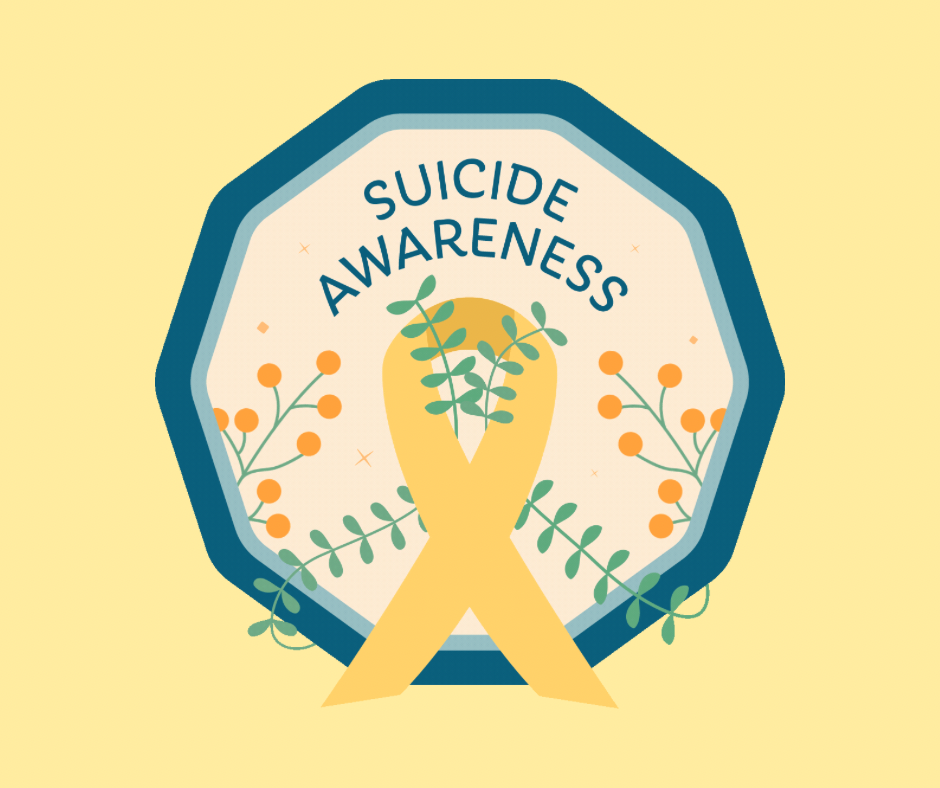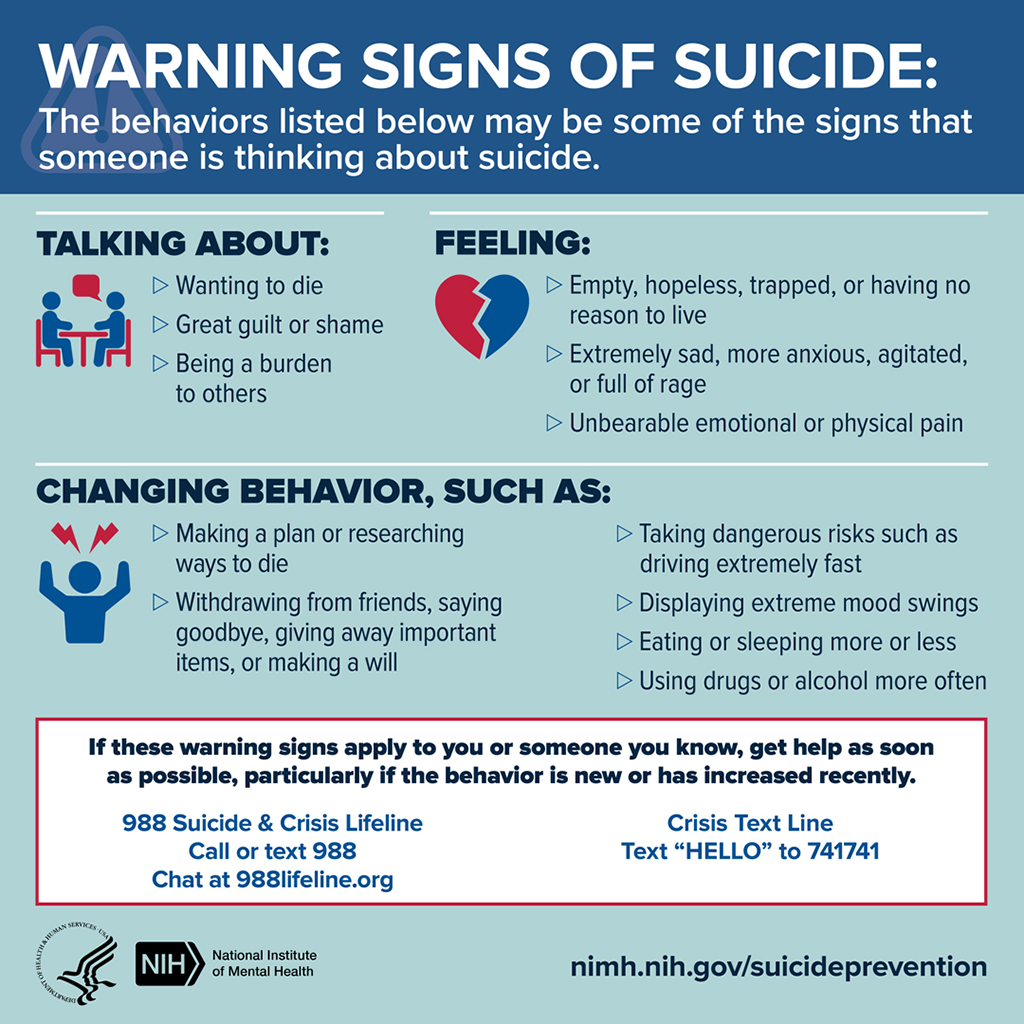According to NAMI, suicide is the 2nd leading cause of death among people aged 10-14, the 3rd leading cause of death among those aged 15-24 and the 12th leading cause of death overall in the U.S. However, there is always hope. There are concrete steps we can take as individuals and communities to provide support. Here are three key actions you can do to make a significant impact in preventing suicide:
1) Encourage open communication and break the silence
I think it’s important not just talk about mental health only in times of crisis, but to talk about it every day as well. Don’t wait for someone in distress to come to you. Instead, you can check in often. A simple question like “How are you feeling really?” “What are you feeling?” can help foster open and honest communication so that when someone is in distress, they can comfortably come to you to talk. And when they do – actively listen, show empathy, and validate their emotions without judgment or immediately jumping to solutions to show that you really are a safe space.
2) Know the warning signs and share mental health resources
Support – both emotional and practical – plays a pivotal role in preventing suicide. If someone you love is struggling, you can gently suggest mental health resources they can reach out to, such as the National Suicide Prevention Lifeline or Crisis Text Line. A full list of mental health resources can be found here. You can even be there with your loved one while they reach out or assist them in getting the help they need to ensure they feel comforted and reassured throughout. Remind your loved one that seeking help is a sign of strength, not weakness. If you’re uncertain as to if someone is struggling with their mental health, check out some of the warning signs below or learn how to recognize them by taking the Be There Certificate, a free mental health course that teaches you how to have conversations about mental health.
3) Offer hope
In my opinion, offering hope that there are better days ahead is one of most important reminders there is for someone whose going experiencing a mental health issue. As someone who has struggled with their own mental health and has even experienced suicidal ideation, it’s the reminder that there are brighter days ahead that have kept me going. Plan activities with loved ones or send them a card about all your favorite things about them to help support them through trying times. Just a reminder that you’re there for them and always will be in the future can be more than enough.




















